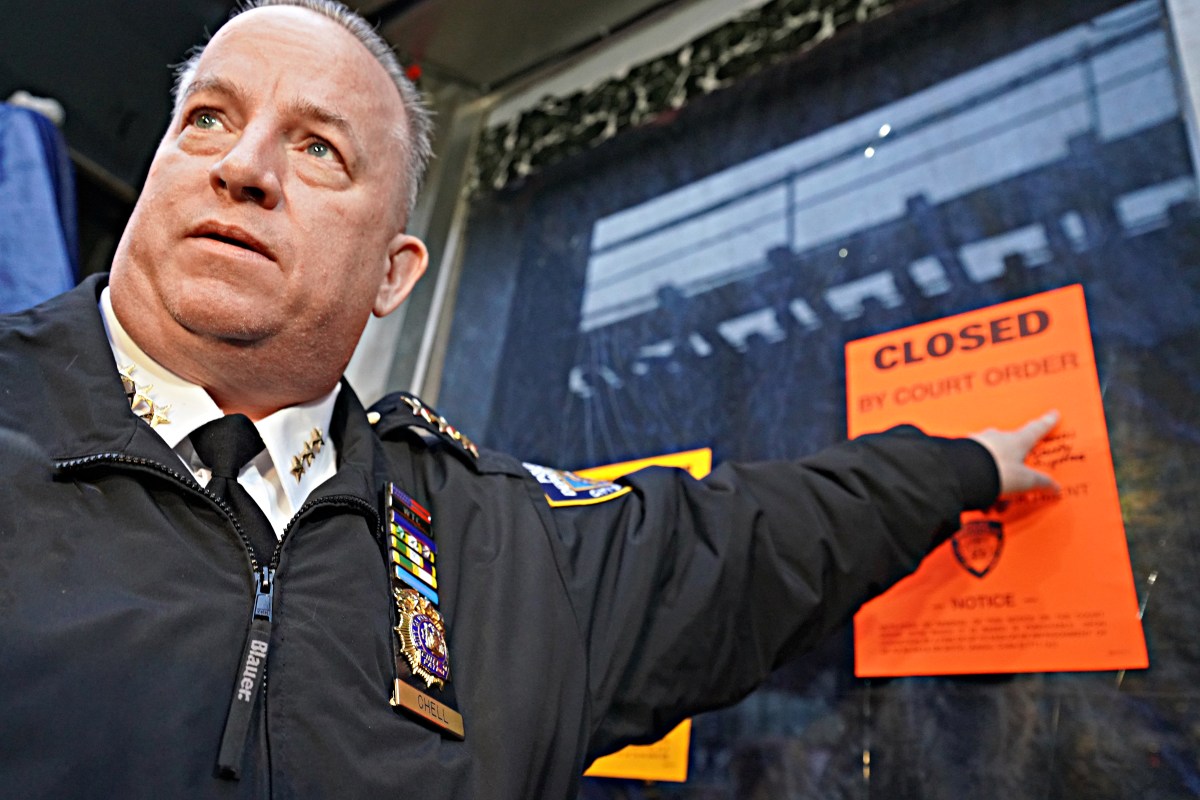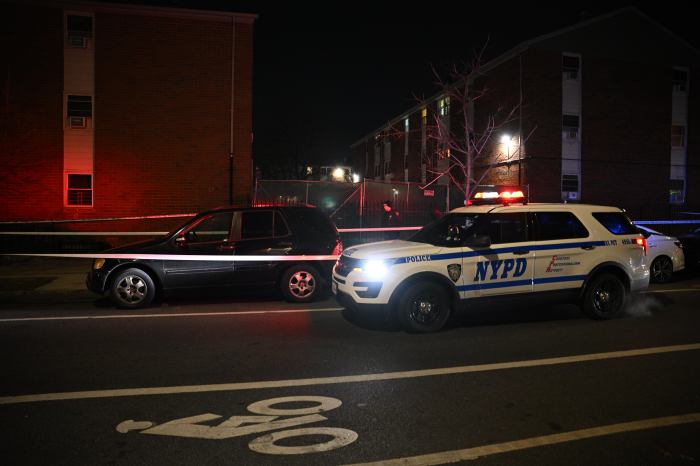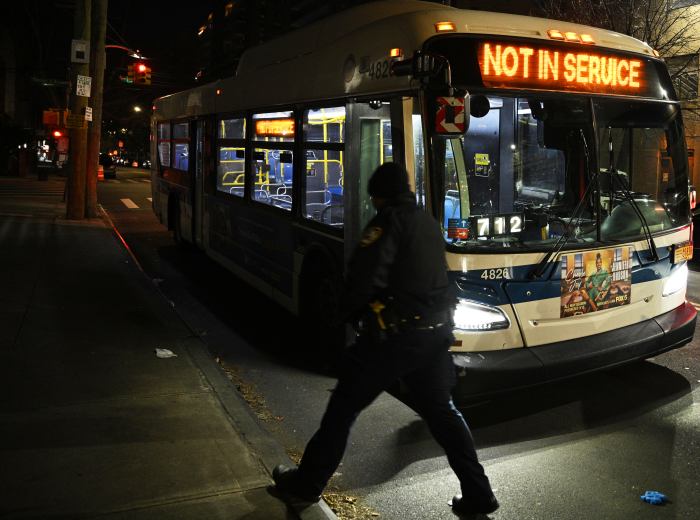NYPD brass say they’re mad as hell at what they deem to be inaccurate reporting about the department’s policies, and they’re not taking it anymore — by publicly calling out journalists online. However, elected leaders and the media say its inappropriate and unbecoming of police bosses.
Tensions between NYPD brass and the city’s press corps have been high of late, as top police officials and journalists have traded barbs over social media regarding crime coverage.
Police executives have been using their department-issued accounts on X (the platform formerly known as Twitter) in an unprecedented manner by critiquing several articles and the journalists who write them, stating they are sick and tired of being publicly shamed for inaccurate reasons.
Things came to a head on March 31, when police bosses took Harry Siegel, a New York Daily News columnist, to task for a piece that, they said, conveyed inaccurate information.
“Your readers deserve more accurate reporting. This article is filled with misleading and straight up false information,” part of a post from NYPD Chief of Transit Michael Kemper read.
Fellow police executives such as Deputy Commissioner of Operations Kaz Daughtry and Chief of Patrol John Chell piled on with their own very public critiques of Siegel, leading to swift and immediate backlash from the Big Apple’s media corps and even elected officials.
“Look out ‘latte’ friends and ‘get your popcorn ready,’ NYPD leaders are tweeting defensively,” political reporter Jeff Coltin wrote.
“Those tweets were unprofessional and inappropriate,” Queens Assembly Member Jessica González-Rojas added on social media.
After the Daily News fixed a factual error in Siegel’s column, Kemper expressed appreciation for the correction and suggested that both parties “put this behind us and move forward.” Siegel, however, took exception to Kemper’s suggestion that the correction was an admission of the article being flawed.
“Incredible cop talk, to say an editor’s note correcting a simple, single error of fact—which is on me—means ‘admitting the article was flawed,'” Siegel wrote on X. “A chief & 2 commissioners tweeting all day about this w/out ever addressing the substance of the column, and now saying ‘time to move on.'”
Along with Siegel, police brass also publicly criticized Olayemi Olurin, a progressive advocate and self-described “movement lawyer” who appeared on last Friday’s episode of Power 105.1’s “The Breakfast Club” and took Mayor Eric Adams to task over what she said was fearmongering about subway crime.
“This ‘Movement Laywer’ epitomizes everything that true NYers are against!” Chell wrote on X on March 29 in response to Olurin. “Do you think for a moment that Community Boards and Block Associations agree with what this misinformed person stands for?”
After Olurin blocked him, Chell posted a screenshot of the blocked account notice and said, “Just what I thought!” while further challenging her to attend Diller’s funeral the next day.
Standing by their story
But at a press briefing on Monday, NYPD officials said they stood by their stories.
Chief of Patrol Chell said that he felt Siegel’s column and other recent media reports were mean-spirited and intentionally attempted to discredit the NYPD at a time when emotions were raw as the department mourned fallen officer Jonathan Diller, who was shot dead in Queens on March 27.
“From my point of view, if you are going to go after our cops and say nonfactual things, if you are going to dismiss a cop’s death on a radio show, we are going to respond back,” Chief Chell said. “We are going to start pushing back and I think the issue is people are not used to it.”
As more journalists got involved, so did more police officials, with the tone in each cop’s post sounding extremely similar — leading some to wonder if they were being drafted by the account’s namesake or by a third party. Chief Chell dismissed the suggestion.
“Most of them are from my fingertips because I refuse, I will not relent when people go after our cops,” Chief Chell told amNewYork Metro.
The NYPD’s Deputy Commissioner of Public Information Tarik Sheppard said that he sees many of the posts before they go live and stands by them, believing that social media has become a place to get news out fast without stopping to fact check.
“I totally support and agree with them, and we are not going to stop,” Sheppard said. “Social media is a place that speed has been sort of the primary concern over accuracy many times and it’s filled with misinformation.”
“The same way the reputation of the paper, the radio station, is on the line, we do value, the largest police department, the most recognizable police department, in the country’s reputation,” Sheppard added.
Chief Chell said that while he is not opposed to taking factual critiques, he refuses to stand by while being torn down for things he says are not true.
On the other hand, both journalists and elected leaders voiced their concerns over the written pushbacks from top cops, believing it is unbecoming of NYPD officials. They feel grievances about coverage should instead be handled in private.
“A politicalized police force is a threat to democracy. The NYPD’s well-funded communications division can easily reach out to the Daily News for correction. Instead, administration is low and the Chiefs to get into political Twitter fights. It’s alarming,” Brooklyn Council Member Sandy Nurse wrote on X.
Read more: Broadway Review: Mary Jane, Mother Play, Illinoise & Uncle Vanya







































